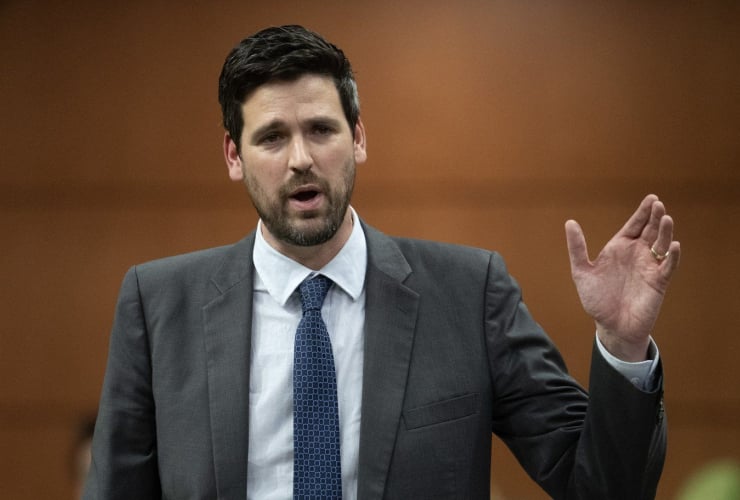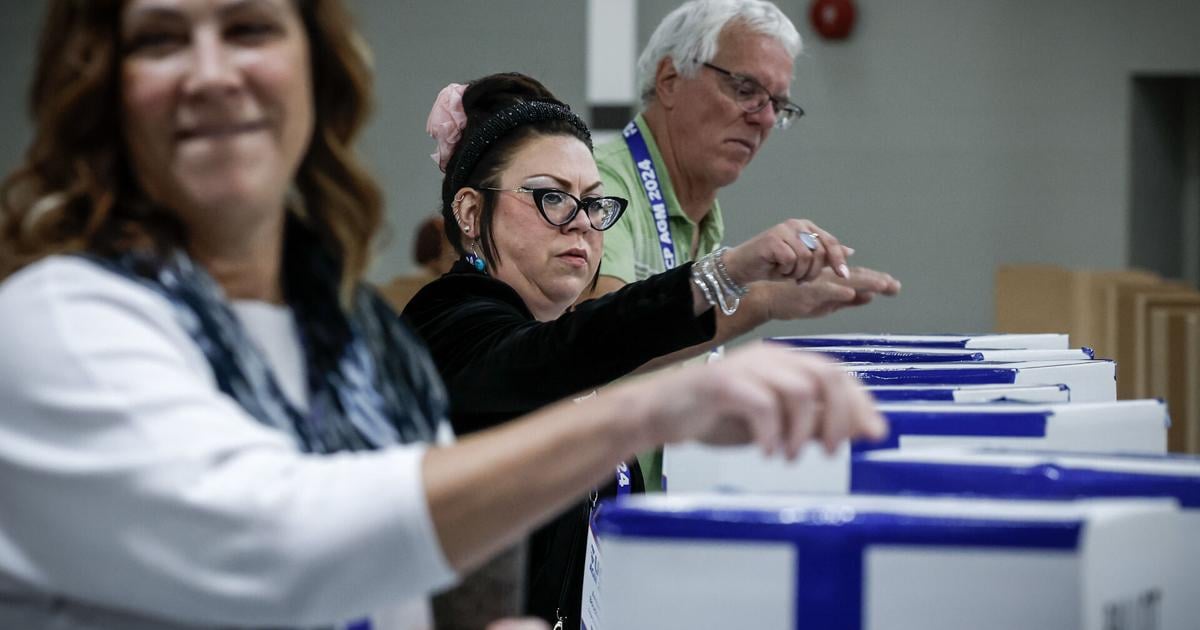There’s a litany of potential explanations for the disastrous drop the Trudeau Liberals have seen in their polling numbers over the last 12 months, from rising interest rates and growing cost-of-living concerns to Pierre Poilievre’s image makeover. But the one that stands out from the rest is the one that might be the hardest for them to fix: “Team Trudeau” is really, really bad at doing politics.
This wasn’t always a problem for Justin Trudeau’s Liberals, of course. If anything, they’ve survived the last two elections because they’ve been better at doing politics than their Conservative opponents. But whether it’s pandemic fatigue or just a government that’s long in the tooth and short on talent, they keep stepping on their own feet when they try to walk.
Case in point: Steven Guilbeault’s declaration on Monday that “our government has made the decision to stop investing in new road infrastructure.” It came as part of his keynote speech at a fundraising luncheon for a public transit advocacy group called Trajectoire Québec and probably wasn’t intended to serve as fodder for Opposition attacks on his government. It’s not clear whether he didn’t think his comments would reach the broader public or he didn’t care, but the net result is the same: they represented an act of political self-harm at a time when his government is already bleeding out.
Yes, yes, Guilbeault says his remarks are being misinterpreted, but it’s literally his job to reduce the risk of that happening. And sure, what he said is grounded in research about the climate impacts of so-called “induced demand” that comes from building new roads and highways. It’s true the federal government has been clear for a while now that it would shift its funding towards infrastructure projects like LRT and other public transit. No matter. The job Guilbeault signed up for is called politics, not policy, and his comments were supremely unhelpful in that respect.
“There will be no more envelopes from the federal government to enlarge the road network,” he said. “The analysis we have done is that the network is perfectly adequate to respond to the needs we have.” This will come as a surprise to people in places like the GTA and Greater Vancouver, where traffic remains an enduring frustration that’s only growing thanks to the federal government’s ambitious immigration targets. Yes, roads and infrastructure are a provincial jurisdiction, but Guilbeault’s comments and their dismissive tone are going to make it exceptionally easy for the politicians there to shift the blame on him.



































